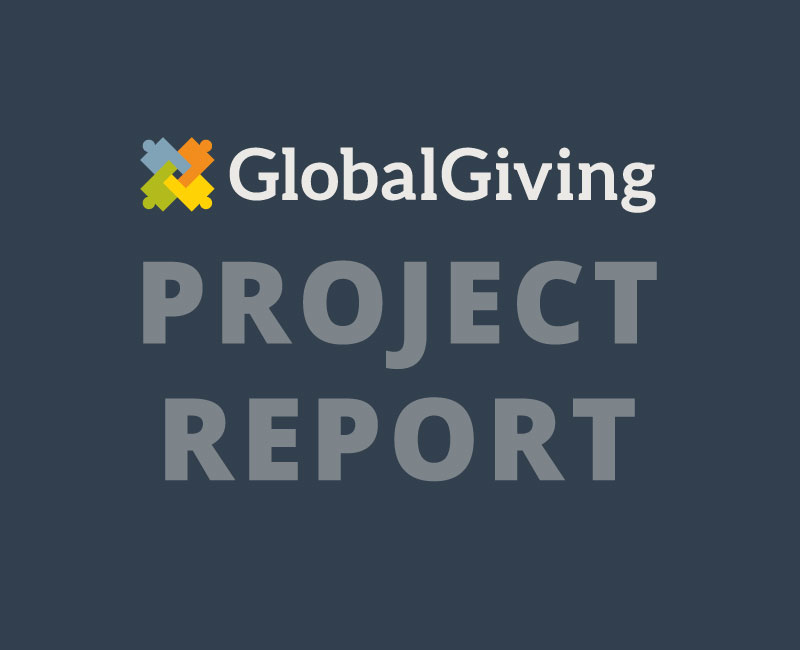By Eglee Zent, Susannah McCandless, Stanford Zent | Project Leaders
January to May 2024 were very fruitful months for our project. We conducted three trips into the field and can gladly report that the project’s strategy has been very successful: some settlements and communities have 0 malaria cases and most less than 10 cases! so… we are happy!
In January-February we traveled to Kayama. The main points to share are these:
a. There are 0 cases of malaria! Remember, this is an area inhabited by over 1,700 people comprising two Indigenous groups Jotï and Eñepa. Both Alirio and Simon, the two Indigenous specialists in diagnosis of malaria by microscope, shared that during the entire year of 2023 year and until now in 2024 they saw no malaria cases! Furthermore, all suspicious cases (fever, chills, etc.) were treated and checked. We feel very pleased with this result given that when we started this project Kayama reported hundreds of cases weekl, and even deaths.
b. We restocked both Kayama community health centers with plenty of medicines at the and also delivered over 60 pairs of reading glasses (see lovely photo of elders with their new glasses, below!)
In March 2024 we traveled to the Iguana area, where over 800 people reside. Three key points worth sharing for this period are the following:
a. The Caño Iguana Indigenous medical team also reported fewer than nine cases of malaria since November 2023.
b. After many, many attempts, letters and meetings with high-level public divisions and officials, we were finally able to take two health specialists with us to Amazonas. Dra. Mildred and microscopy trainer and certifier Lic. Walter are both on staff at Salud Ambiental, Environmental Health, the division of the Ministry of Health in charge of malaria control. Both belong to the Bare Indigenous people and graciously and efficiently took care of health issues among the Jotï of all 16 settlements at Caño Iguana. Walter certified officially that the Jotï are able to carry out accurate malaria diagnoses by microscope and also with RDT (Rapid Diagnostic Tests). He consolidated the creation of Community Control Points (with official Ministry of Health codes and all!), certified the individuals responsible in each of the seven points and conducted over 100 malaria test diagnoses: all but one negative!!
Mildred, on the other hand, saw almost 130 patients in a range of local cases requiring a physician. She expressed in a community meeting that in her over 10 years visiting Indigenous Health Centers, the one in Iguana one was the best equipped with medicines and medical supplies. During the two weeks she was there she found that nothing she needed to treat people's conditions was lacking. In other words, because the project had restocked the community health center with plenty of medicines and medical supplies, she was able to offer a better quality of medical attention to the Jotï. We also delivered over 60 pairs of reading glasses.
c. Delivered a new supply of treatments, portable malaria diagnostic kits, microscope diagnostic materials.
In April 2024, we traveled to Betania. The main results here are:
a. Anilo, the microscopist in Betania, similarly reported just eight cases of malaria since our last visit! Overall, the amazing result is that people in the three areas do not perceive malaria as a priority health problem any longer!
b. In Betania, in addition to medicines and medical equipment we provided materials for a week free dental care campaign: 400 people were able to receive care from almost 20 final-year dental students, their work coordinated by a certified odontologist instructor.
c. We donated a new laptop computer to be used in the Community Health Center, it will allow personnel to record not just malaria data, but all medical data electronically (vaccinations, allergies, morbidity, mortality, among others).
People’s perception of malaria as a huge problem has disappeared, so much so that the Jotï invite us to bring new proposals for new projects. We suggested to them that they identify the new projects, and we can talk about it on a next trip.
We offered malaria workshops to the entire communities of Kayama, Iguana and Betania. We reviewed the whole project—how it began, evolved and the current results. We focused on reinforcing the dynamics of transmission, on how to lower risk of exposure, and how to care for mosquito nets. We also showed the videos, which were transferred to cell phones. Once again written/plasticized educational materials and posters for the health center materials were distributed .
These workshops completed, all communities considered it right that we put a pause in the uniquely malaria focus of our project—precisely because it has been so successful!
Thank you for your contribution to making this enormous achievement possible.



Project reports on GlobalGiving are posted directly to globalgiving.org by Project Leaders as they are completed, generally every 3-4 months. To protect the integrity of these documents, GlobalGiving does not alter them; therefore you may find some language or formatting issues.
If you donate to this project or have donated to this project, you can receive an email when this project posts a report. You can also subscribe for reports without donating.
Support this important cause by creating a personalized fundraising page.
Start a Fundraiser